Will Haskell’s (COL ’18) first experience with politics was when his father took him to a New Hampshire primary election so he could shake hands with politicians. Now, Haskell spends his days driving back and forth from the Connecticut State Capitol, where he represents District 26.
As a senior at Georgetown University, Haskell ran his state senator campaign with his college roommate, taking on an incumbent Republican who had been in office longer than he had been alive. When he won in 2018, Haskell became the youngest state senator in office.
This week on “The Community Corner,” The Hoya sat down with Haskell to learn more about what it was like campaigning as a college student and how his time at Georgetown influenced his decision to run for office.
Podcast Transcript:
GB: From The Hoya, I’m Grace Buono (COL ’23), this is “The Community Corner,” a weekly show about the lives and stories of Hoyas near and far from the Hilltop. Today our story starts in, of all places, Nevils, the apartment-style dorms right here on campus. For Will Haskell (COL ’18), who graduated from the College in 2018, that’s where his campaign for state senator of Connecticut’s 26th District was born. I had the chance to talk to Haskell about what it was like campaigning as a 22 year old. But long before that, when Haskell was growing up in Westport, C.T., he had his very first taste of politics.
WH: My dad brought me to the New Hampshire primary when I was little because he wanted to show me what democracy looks like on the ground floor. And I got to meet a whole bunch of presidential candidates who were doing things like shaking hands with voters at the dump or sitting down in living rooms. We went to the inauguration in 2009 to see Barack Obama be sworn in and I sort of just caught the bug for politics.
GB: Having grown up under the Obama years, the election of President Donald Trump put politics into a different light for Haskell. Where he once saw a mission of progress in government, Haskell saw his country moving backwards.
WH: I think a lot of other candidates have an “aha” moment where they decide they want to get their name on the ballot and run for office. I had a series of “huh” moments, there was no lightbulb that went off. So if Trump was going to be in the White House for the next four years, for the first time in my life I started to think really seriously about state and local government.
GB: But state government, you might ask? Let’s pause here. Can you name your state senator? If you can’t, Haskell was just the same. When he thought of politics and government, his mind jumped right to the federal level.
WH: And I’m really embarrassed to say, Grace, I didn’t know the name of my state senator. And it became clear, after the 2016 election, that states were going to be the first line of defense, whether it was on health care, climate change, gun violence prevention, reproductive rights and freedom. It was state governments who were stepping up to the plate.
GB: Why is our de facto image of politics always at the federal level? Haskell, now in the political world himself, thinks it has to do with awareness and what we see and hear every day on the news, on social media, and just in general discourse.
WH: Why don’t people pay more attention? I’m not sure. I bet other Georgetown students relate to this. When I go on Instagram, I’ve got a whole bunch of friends who are interested in politics and when something big is happening I see on my news feed or I see on Instagram stories, “Call Kyrsten Sinema,” “Call the White House,” “Call Joe Manchin,” “Call Mitch McConnell,” “Call Chuck Schumer,” and Georgetown students know, because a lot of them have internships, if you call any of those offices, you’re just going to get a very polite intern who’s probably eating his or her lunch. But if you pick up the phone — what I never see is “Hey, call your state senator.” And if you pick up the phone and call your state senator or call your state representative, you’re not going to get an intern, you’re going to get our cell phone. We’re either going to pick up or you’re going to leave us a message that we’re going to hear just moments later. Send us a text. Message us on Instagram. If you decide to engage on the state level you have much more direct access to policymakers. And the districts that we represent are small enough that if 10 constituents give me a call about an issue, it really helps to refocus my attention and bring that issue to the forefront.
GB: So Haskell started researching. As it turned out, his state senator was Toni Boucher, a Republican who was elected to Connecticut’s 26th Senatorial District in 2008 after having served as a state representative for the 143rd Assembly District for 12 years.
WH: And I saw that my state senator was somebody who had been in office for longer than I had been alive. Somebody who regularly voted against paid family and medical leave, which frustrated me, having grown up with a single working mom who had to go back to work just two weeks after I was born, like 25% of American moms. That policy really mattered to me. Somebody who said we had gone too far in regulating guns when, to be honest, I thought, and I think more importantly a lot of people our age feel, that we haven’t gone far enough in regulating guns. And the town I grew up in is just around the corner from Sandy Hook Elementary school, so that was very much front of mind for voters.
GB: Home from Georgetown, Haskell started talking to people in his community, asking around to see what kind of campaigns he could work on that might be successful in replacing Boucher. Except he quickly realized that no one was running.
WH: Everybody kind of assumed that the seat belonged to her. Of course in a democracy the seat doesn’t belong to the elected official who happens to sit there, it belongs to the people who decide to show up. So I started to have this crazy idea of, what if I run for office? True, I was just a college senior at that point, I had no experience in state politics. I made that problem maybe a little worse by hiring a campaign manager who was my college roommate, who wasn’t even from Connecticut and had never worked on a campaign before. But we decided it was an important thing to do even if we weren’t going to be successful, we wanted to run a campaign on the issues to force the incumbent to defend her voting record and maybe to get young people excited about the prospect of seeing someone from their generation on the ballot.
GB: So, still a senior at Georgetown, Haskell started campaigning.
WH: When I would go door to door, people thought I was playing some sort of prank, right? I was 22, I looked about 12 and they just didn’t believe that I was really a candidate. And I think a lot of people our parents’ age are very skeptical about the notion that somebody who’s their kid’s age or perhaps even younger is going to get to vote on things like multibillion dollar budgets or income tax rates.
GB: Despite some pushback, there were two things that Haskell said were game changers in his campaign. Older voters were excited about passing the torch to the younger generation, something that Haskell thinks dates back to John F. Kennedy’s old time promise of passing on the political torch. The second was the young voters, and even high schoolers who couldn’t yet fill out their own ballots, who volunteered on Haskell’s campaign to get the word out. Then in November 2018, Haskell won his election with 53.4% of the vote, becoming the youngest state senator in the country.
WH: Yeah, so day one on the job was the day I got sworn in and the senate president, who is a lovely man and a good friend of mine who was actually elected in the early 1980s, so he was kind of my polar opposite in terms of how long he’s been in the senate, he stood up and told the chamber that he was wearing a tie that was older than I was. And it was funny, that became sort of a shtick for the next few months. Legislators would tell me that they were wearing socks older than I was or one legislator, rather grossly, told me that she was wearing underwear older than I was. So there were definitely colleagues who were surprised to see someone my age standing shoulder to shoulder in the committee room with them, but what I came to realize is that I could be an effective legislator by doing a lot more listening than talking. That’s true of every legislator. There’s no way to prepare for this job. So you learn to listen to your constituents and to the experts who come to testify and also to rely on colleagues for their expertise and their perspective.
GB: Haskell recognizes that he has no idea what it’s like to start a small business or to buy a home or send a kid off to college. So, in these moments, he listens.
WH: Conversely, I think I’m the only renter in the state senate. So when we talk about issues that are important to those who rent their homes instead of own them, I think my colleagues pay a little bit more attention to what I say. Or, I became the senate chairman of the higher education committee, and when we talk about college affordability or even campus life, what affirmative consent ought to look like and what it doesn’t look like, sadly, right now on college campuses, those are things I can speak directly to because I had just been a college student just a few months before.
GB: Since Haskell’s election in 2018, he’s gone on to win his reelection in 2020 and, more recently, wrote a book titled “100,000 First Bosses: My Unlikely Path as a 22-Year-Old Lawmaker,” which will hit the shelves in January. After Haskell was elected, he started getting calls from young people across the country who wanted to know how he did it. How, in the midst of his senior year of college, did he manage to not only run a campaign but win?
WH: And what I came to realize is that a lot of people would end those calls and say, “Well, thanks so much, I think I’m going to run for office one day.” And that frustrated me because having now had the opportunity to serve in government I think a lot of the issues we face are a lot more urgent than people realize. For the book, it was a really fun project to write during the pandemic and it will have been worth it if one person out there picks it up and decides they want to run for office in the next election, because that’s certainly the goal. I could use some company up at the capitol and I think, generally speaking, our generation really needs to step forward and not just get to the ballot every election day, but get themselves on the ballot as well.
GB: I had to ask Haskell, who is currently 25, whether or not he thinks he might be missing out on anything. Everyone has some sort of grand expectation for what living in their twenties after college will look like. Maybe it’s exploring a new city. Maybe it’s trying different jobs to see what’s out there. And for Haskell, he’s back home in the suburbs of Connecticut.
WH: I wonder about that question all the time, if I seriously screwed up my twenties. Because I spend my time in suburban Connecticut, which is not a place that most 20, what am I now, 25 year olds live. But I really am so sort of satisfied by the work that I get to do by driving up to the state capitol, chairing committee meetings, actually passing laws, that it’s true, I’m probably missing out on some portion of my twenties. I’m always envious of my friends in D.C. and in New York City and in, you know, Austin, Texas, having the time of their lives in their twenties. My life isn’t a party all the time, but I am really grateful for this opportunity to serve. I don’t think I’ll be doing this forever, right, that legislators work best when there are new voices introduced into the committee room and the caucus room, when there’s changeover so that new perspectives have a chance to shape public policy. So I don’t know how many more years I’ll be doing this, but right now I just feel tremendously privileged to have a chance to sometimes steer public policy in various directions that leave me going to bed feeling quite satisfied.
GB: As for Georgetown, Haskell looks back at his time on the Hilltop as an important foundation for his work today. Though he hasn’t yet put his French minor to use, his lectures in the Government department are ones he thinks back on often. Plus, Georgetown was where his campaign really had a chance to launch.
WH: My very first campaign fundraiser was in Nevils. We thought we would raise like 300 bucks from a bunch of broke college students and we ended up raising $8,000. Georgetown was where I found my college roommate who became my campaign manager who went on to work in my official office at the state capitol. Georgetown is just at the core of so much of the early start that I got and the community was supportive in more ways than one. And as I was making this kind of crazy decision that I was going to run for office there were a million people at Georgetown who told me “Do it. Absolutely do it.”
GB: This podcast was recorded, edited, and produced by Grace Buono. Special thanks to Will Haskell for taking the time to speak with The Hoya. That’s all for now, tune in for more soon.


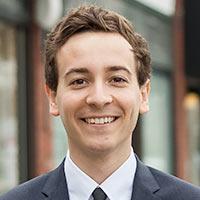

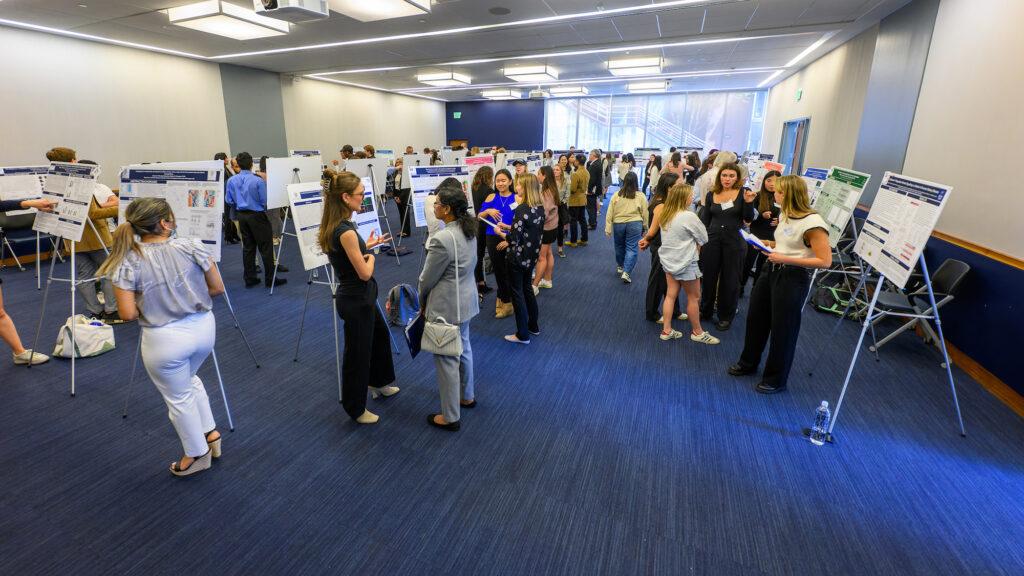
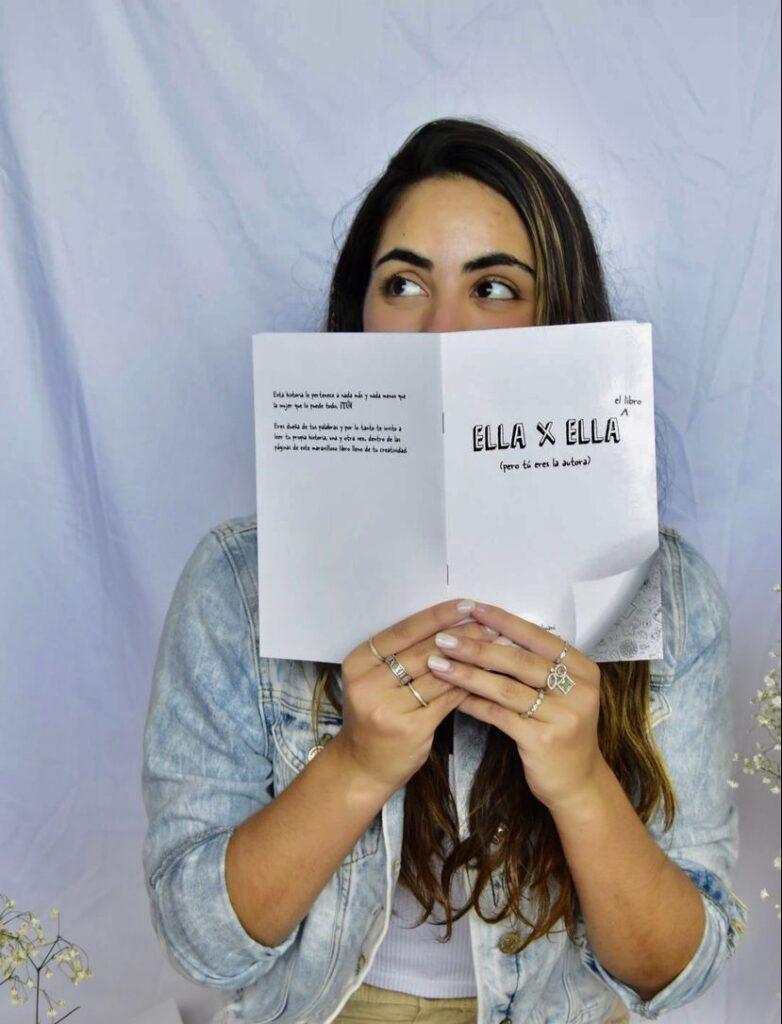
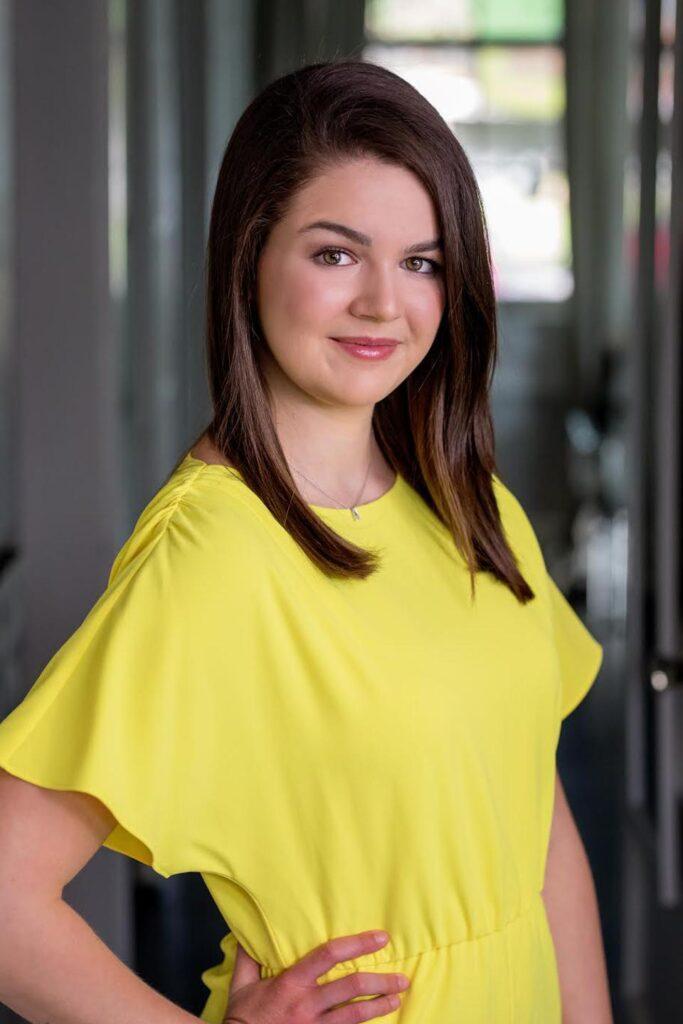

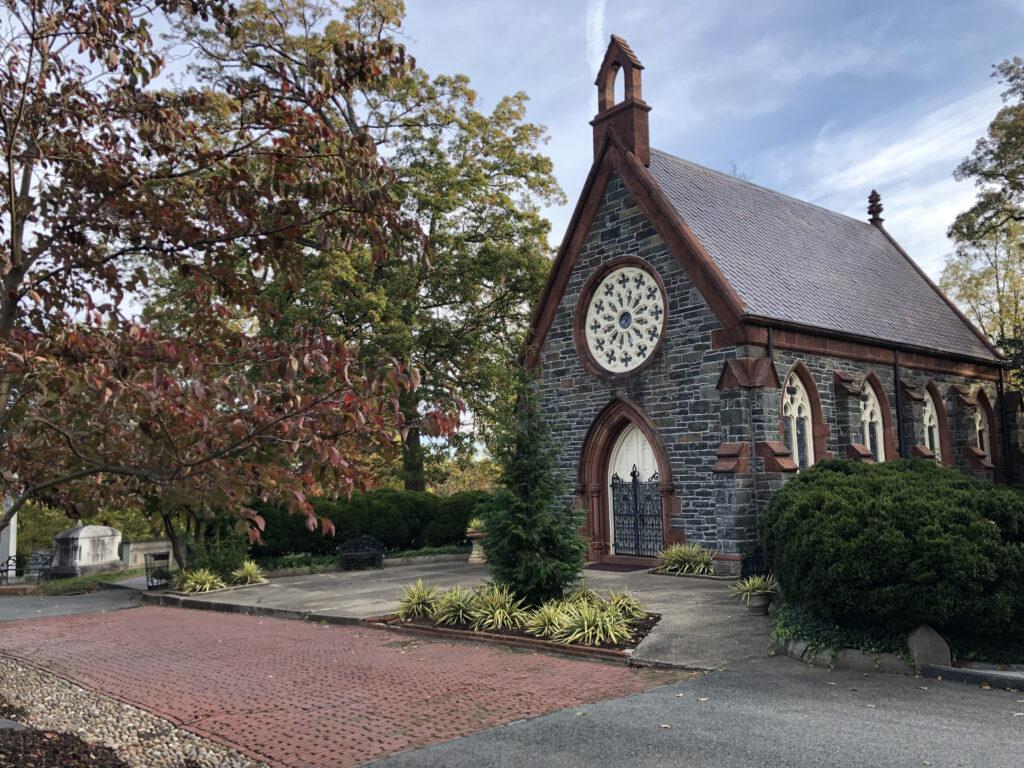

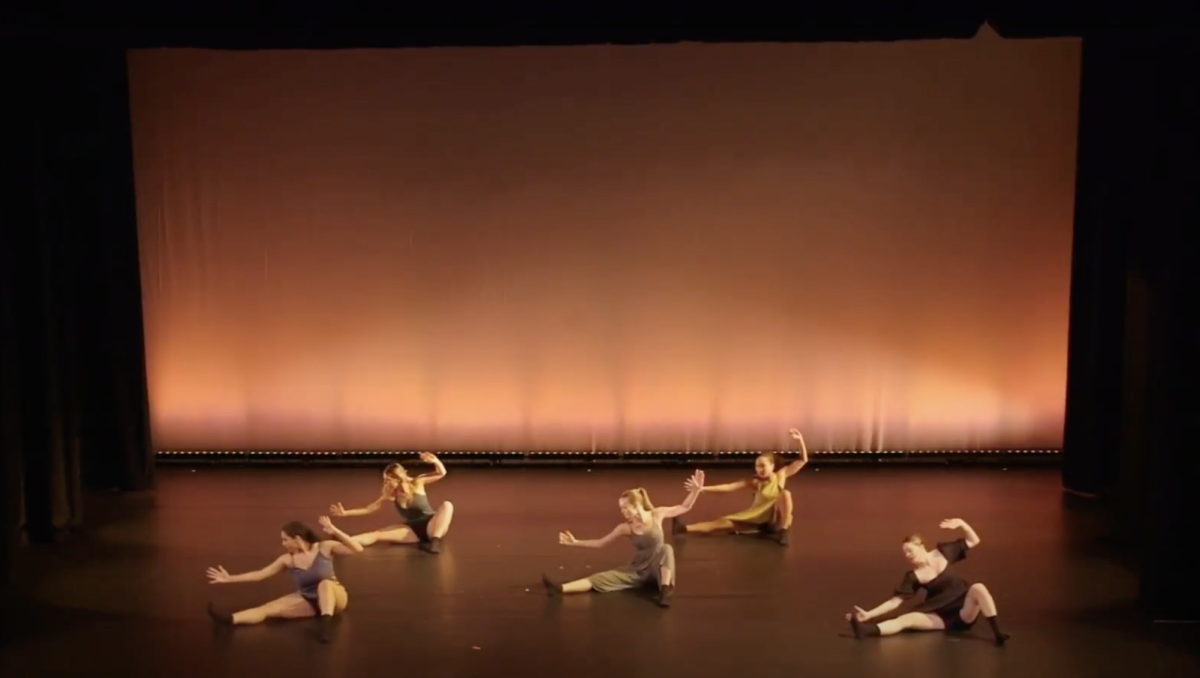
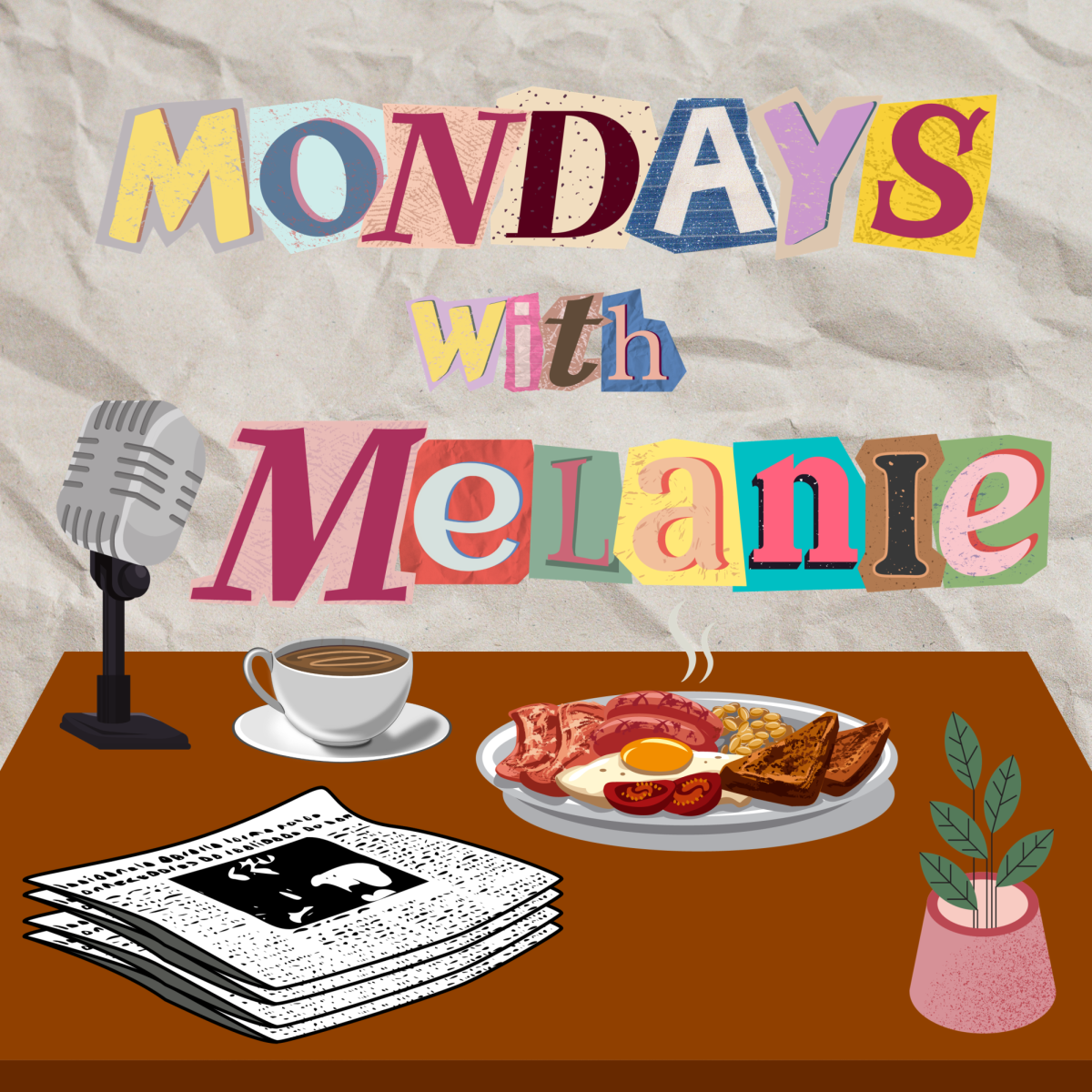



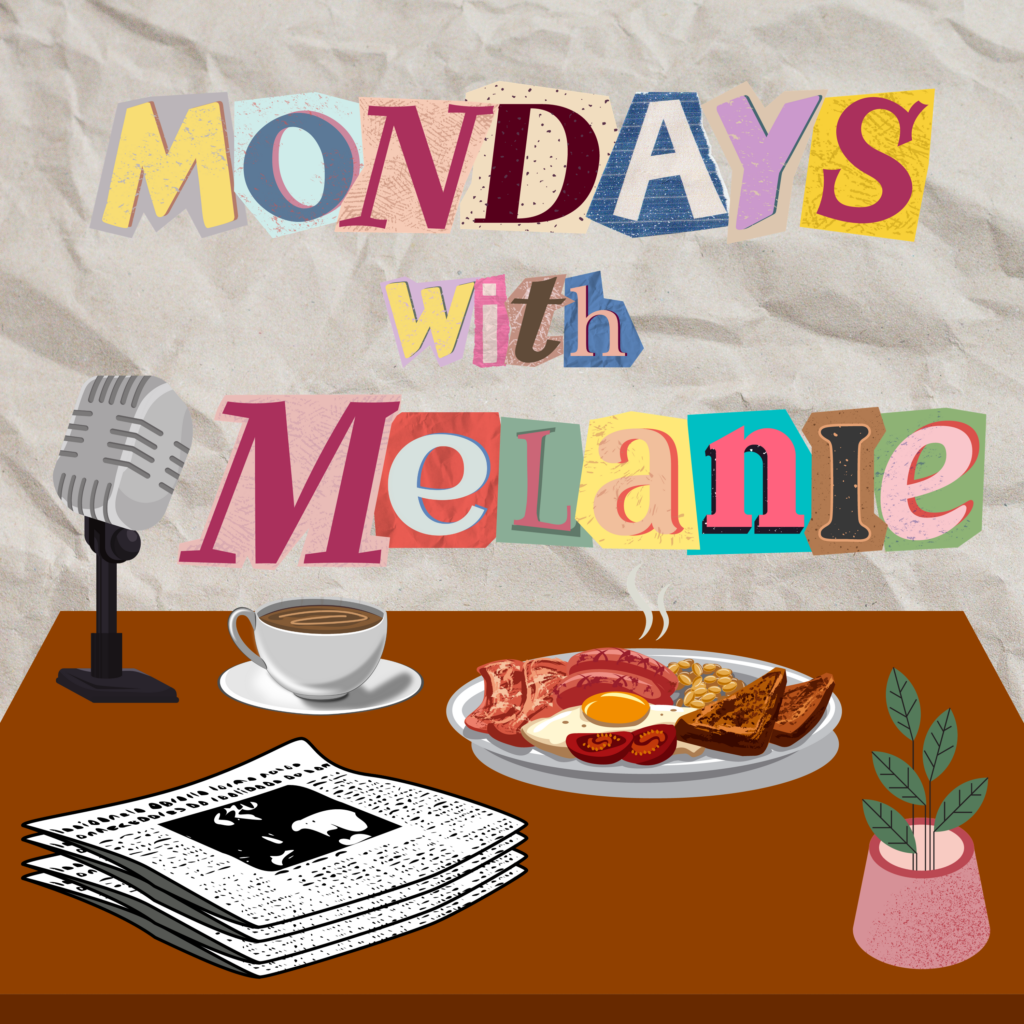

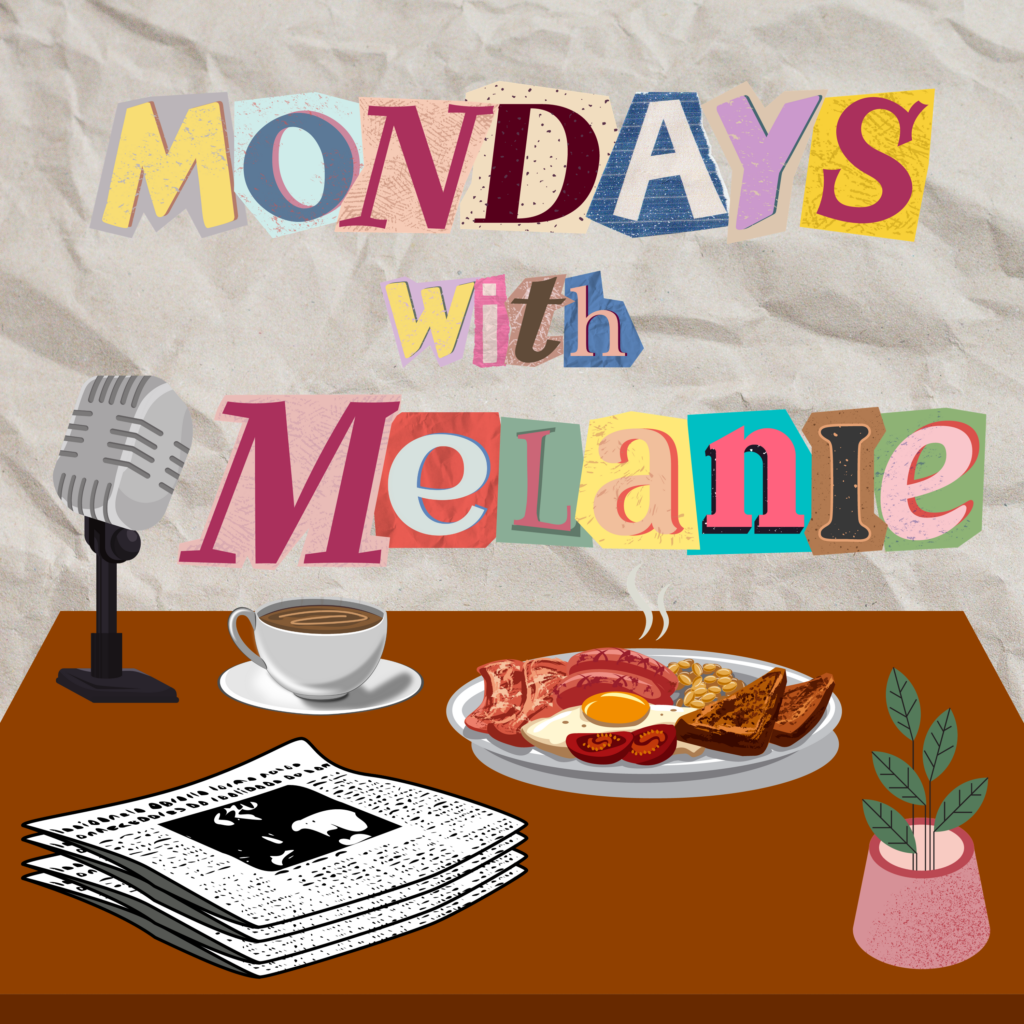
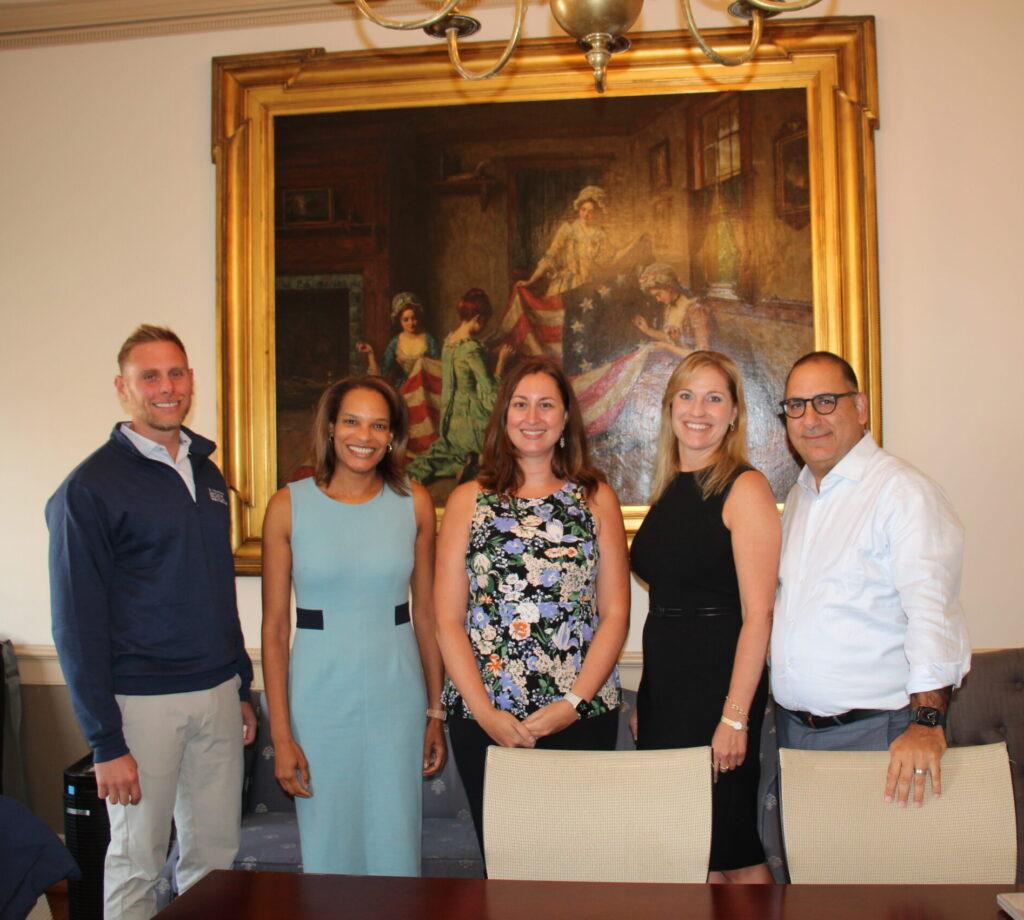

will Stomber • Dec 25, 2021 at 11:38 am
impressiveeee
Stephanie Bass • Nov 20, 2021 at 8:51 pm
I met Will for the first time at an early fundraiser in a private house in Westport.
The room was packed with 50+ plus year olds.
When I had a chance for a private word I told him I liked him but the elephant in the room was that he was so young.
A few minutes later he started his speech with:
“I know the elephant in the room is my
age.”
Smart. Able to move on a dime. He has my vote forever.